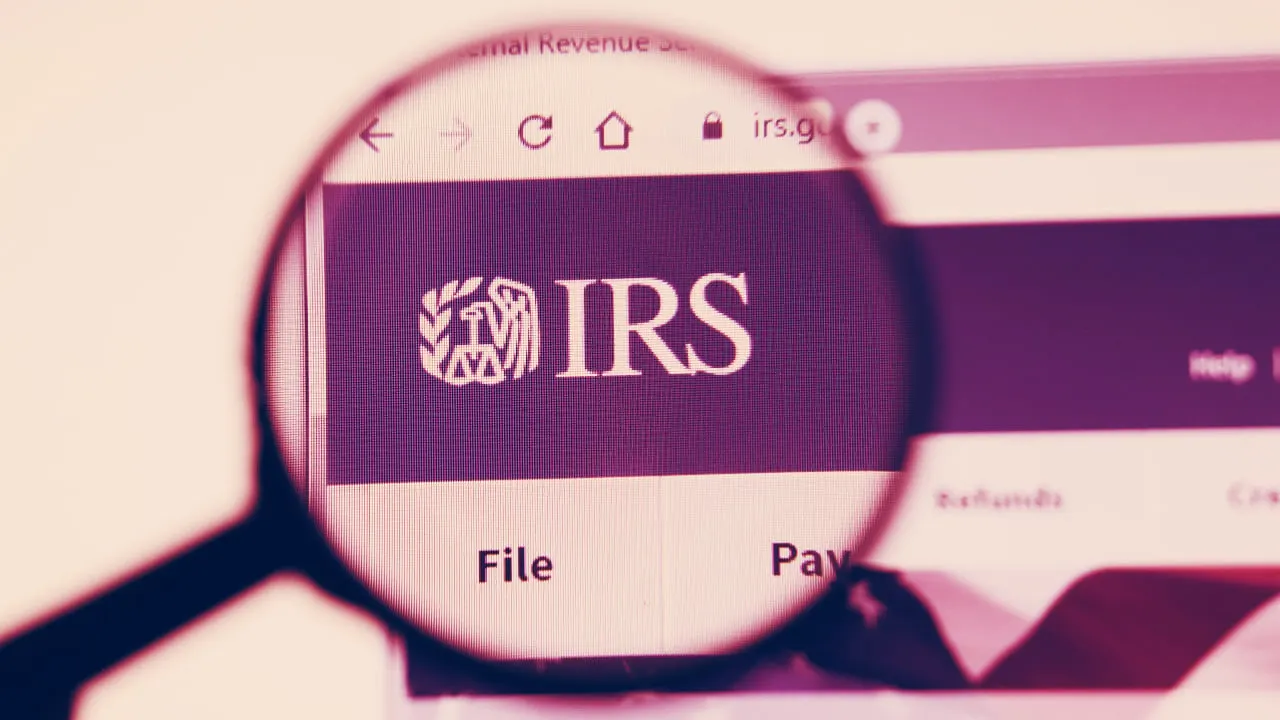In brief
- The United States will ask about crypto transactions on Page 1 of the 2020 return.
- The question is now on the draft 1040 individual tax return form, near the top.
- It’s part of an increasing focus from the IRS on Americans reporting crypto usage.
The United States Internal Revenue Service (IRS) isn’t messing around when it comes to cryptocurrency. It first became part of the wider 1040 individual tax return form for 2019, but those pulling up the 2020 form will now see it almost immediately.
This week, the IRS released the draft 2020 form that Americans will use for individual returns, and right beneath the initial section for basic personal details is the fresh query: “At any time during 2020, did you receive, sell, send, exchange, or otherwise acquire any financial interest in any virtual currency?”
It’s a broad question, but the placement suggests that the IRS doesn’t want anyone to gloss over it—or consider withholding their crypto transaction details. On the 2019 form, the same question appeared on a separate 1040 Schedule 1 form.
However, not everyone needs to file a Schedule 1. As noted by Shehan Chandrasekera, Certified Public Accountant (CPA) and Head of Tax Strategy at CoinTracker, it’s only for citizens who have income separate from the typical W-2 earnings from employment, such as business or rental income or alimony.
Now the question is front and center for everyone, which means approximately 150 million filers will see the question when they prepare their 2020 returns. “This shows how seriously they are looking into [the] crypto tax space,” tweeted Chandrasekera. “So, be compliant!”
Crypto and first amendment lawyer Justin Winston Ono Wales also tweeted extensively about not only the new placement of the question, but the substance of the query itself. In his view, it is “way too broad and should be challenged.”
Wales suggests that while Bitcoin and cryptocurrency are money, they’re not just money. For example, he notes that BTC is also used to access the network, that it can be used to publish censorship-resistant immutable messages, and to support the stability of networks.
“IRS asking US residents to declare all crypto is as inappropriate as asking citizens to declare all email addresses, social media handles, or data plans,” he wrote. “For years I've stressed the need to consider a broader view of crypto that focuses on the expressive and associational aspects of decentralized networks rather than the price. BTC is great money, but Bitcoin is more than that.”
The IRS has shined an increasingly larger spotlight on cryptocurrency in the last couple of years. In 2019, the agency sent more than 10,000 letters to US citizens suggesting unpaid taxes on crypto transactions, based on information provided by exchanges—its actions are now the center of a massive court case (which accepts donations in cryptocurrencies, no less). Since then, the IRS has issued guidance on cryptocurrency—and now will be asking a much larger number of people about it, starting with the 2020 form.

